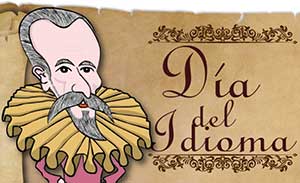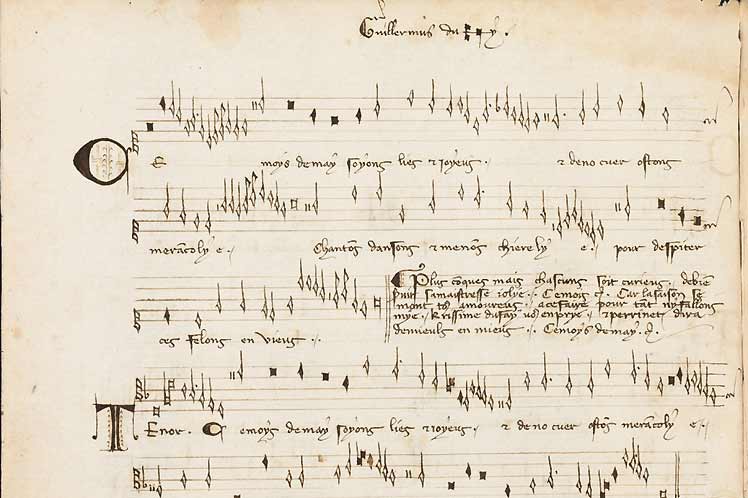Cervantes died on April 22, 1616. However, by the initiative of the Valencian writer Vicente Clavel Andrés it was set – from the first half of the last century – the 23 to celebrate the greatness of Spanish literature and the legacy of its main architect.
Before writing Don Quixote, the most edited and translated literary work in history (second only to the Bible), the author was closely linked to the chivalric world because at one point of his life he was also a soldier.
His first approach to art of writing lies in a book about the illness and death of Queen Elizabeth of Valois, published in 1569 by the Spanish professor Juan López de Hoyos.
After some time, out of his prodigious pen would be born Galatea, The Siege of Numancia, Exemplary Novels and The Fortunate Procurer, texts that although showing his versatility as an architect of the letters, fade in comparison to the greatness of Don Quixote.
The Spanish Language Day coincides with the death anniversary of novelist William Shakespeare (UK) and the historian Garcilaso de la Vega (Peru), whose works also are inscribed at the top of world literature.
For the coincidences of life, on April 22, 1899 was born in St. Petersburg the Russian writer Vladimir Nabokov, creator of known novels as Lolita (1955), The Gift (1937-1938) and King, Lady, Valet (1927- 1928).
In order to stimulate interest in reading at an international level, in 1995 the United Nations Educational, Scientific and Cultural Organization (Unesco), decided that each April 23 the International Day of the Book and the Author’s Copyright were celebrated.





